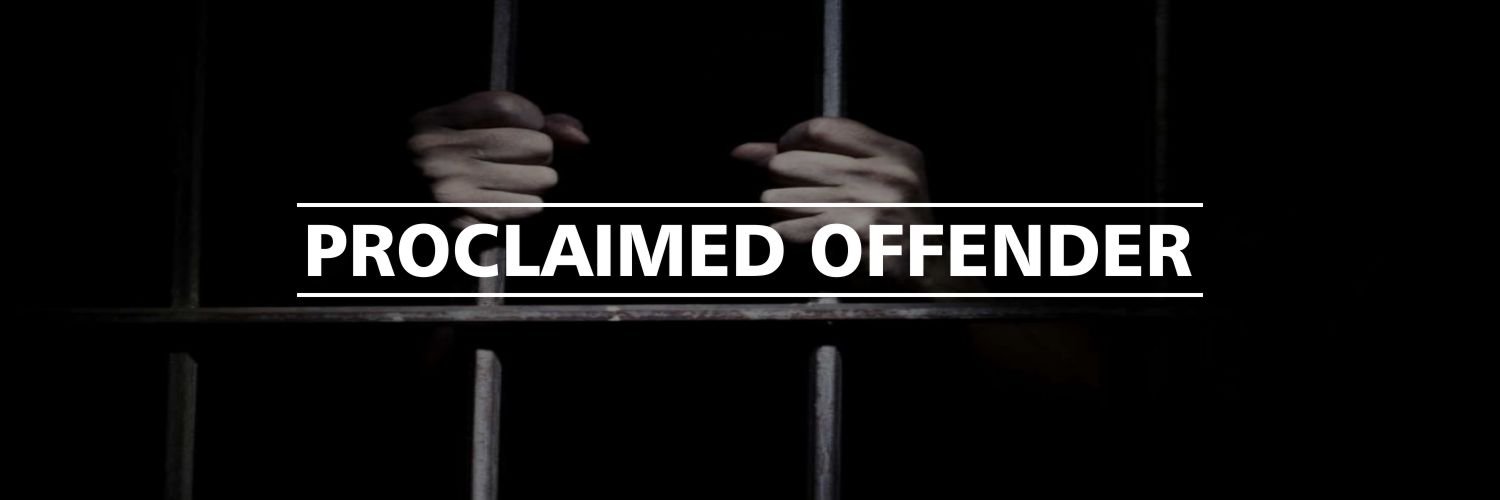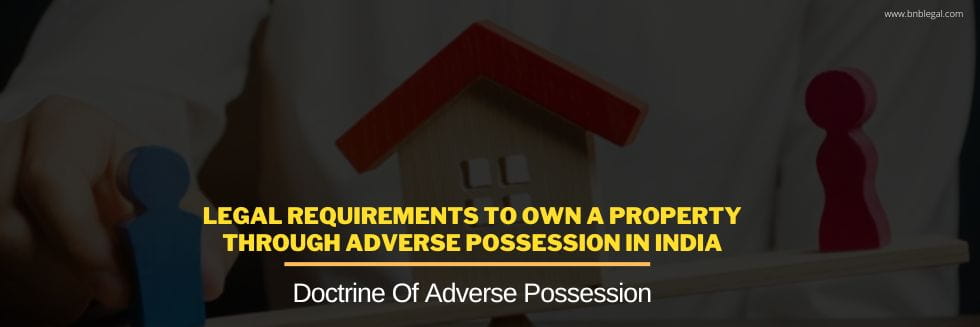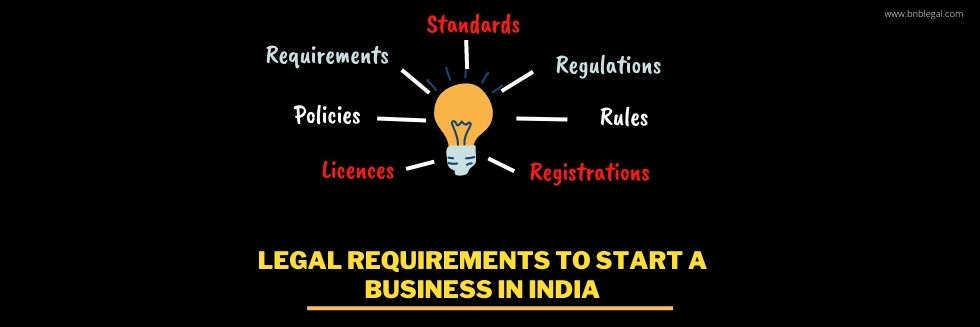Overview
An injunction is a process whereby a party is required to do, or refrain from doing, any particular act. It is a remedy in the form of an order of the court addressed to a particular person that either prohibits him from doing or continuing to do a particular act. An Injunction is not granted unless the party seeking it can prove that irreparable injury will be caused to them if an injunction is not granted. An irreparable injury means that the probable infliction of harm would be so bad that it could not be compensated by any kind of monetary or other relief once it is caused.
History of The Law of Injunction
India observes the origin of Law of Injunction in English Jurisprudence of equity. English people adopted the law of injunction from the Roman law where it is called as interdict, where it was known as interdict. The Jurisdiction to issue Injunction is a remedy which is termed as the Strong arm of the courts which consolidates the position of Judiciary in dispensing justice between the litigant parties.
Important Legislation And Provisions Related To Injunction
- The law of injunction and its provisions has been provided for by the Specific Relief Act, 1963
- Regulated by the Code of Civil Procedure, 1908 in India.
Types of Injunction
- Temporary injunction: It is granted before the conclusion of the trial.
- Permanent injunction: It is granted after the conclusion of the trial.
Temporary Injunction:
The Temporary Injunction is an interim relief. It restrains a person from doing certain specified acts and can be granted only until the disposal of the suit or until the further orders of the court. It is mentioned in the Order 39 of the Code of Civil Procedure, 1908.
Object
The Temporary injunction is issued with the prime objective of preserving the disputed property in a suit till the rights, liabilities and conflicting claims of the parties are finally adjudicated upon by the competent court. The object of granting a temporary injunction is to prevent any change in it until the final decision of the suit.
Who May Apply?
Generally, it is the plaintiff who applies for the temporary injunction. But a defendant may also make an application for grant of an injunction against the plaintiff.
Duration
Temporary injunction granted by the court till the disposal of the suit. If the suit is dismissed, the injunction is vacated. But even if the suit is decreed, then it comes to end.
Permanent Injunction:
Permanent Injunction is a final order issued by a court to refrain a person be from doing certain activities permanently. The permanent injunction is issued after completion of full trial on the merits of a case. A court can also hand down a permanent injunction for the purpose of compelling a party to perform in a certain way.
When Can A Permanent Injunction Be Granted?
A permanent injunction may be granted:
a. To the plaintiff in a suit to prevent a breach of an obligation.
b. In a case where the plaintiff invades or threatens to invade the plaintiff’s right to, or enjoyment of, property, the court may grant a permanent injunction where:
1. The defendant is a trustee of the property for the plaintiff;
2. The invasion is such that compensation in money would not afford adequate relief;
3. The injunction is necessary to prevent a multiplicity of judicial proceedings.
Land Mark Judgement Related To Injunction
Rame Gowda (D) By Lrs vs M. Varadappa Naidu (D) By Lrs. & Others on 15 December 2003
In Kallappa Rama Londa’s case, the learned Single Judge has upheld the maintainability of a suit merely seeking injunction, without declaration of title, and on dealing with several decided cases the learned Judge has agreed with the proposition that where the suit for declaration of title and injunction is filed and the title is not clear, the question of title will have to be kept open without denying the plaintiff’s claim for injunction in view of the fact that the plaintiff has been in possession and there is nothing to show that the plaintiff has gained possession by any unfair means just prior to the suit. That is the correct position of law. In Fakirbhai Bhagwandas and Others. Vs. Maganlal Haribhai and Others. AIR 1951 Bombay 380 a Division Bench spoke through Bhagwati, J. (as his Lordship then was), and held that it is not necessary for the person claiming injunction to prove his title to the suit land. It would suffice if he proves that he was in lawful possession of the same and that his possession was invaded or threatened to be invaded by a person who has no title thereof. We respectfully agree with the view so taken. The High Court has kept the question of title open. Each of the two contending parties would be at liberty to plead all relevant facts directed towards establishing their titles, as respectively claimed, and proving the same in duly constituted.
Conclusion
To conclude injunction means an order of Court by which an individual or entity are required to perform, or is restrained from performing a particular act. The courts exercise their power to issue injunctions only when it finds the necessity. An injunction is generally issued only in cases where irreparable injury to the rights of an individual would come into play. It should be apparent to the court that some action has been performed, or is threatened, that it will produce irreparable injury to the party seeking the injunction. An injury is generally considered irreparable when an award of damages cannot compensate it. Injunctive relief is not a matter of right, but its denial is within the discretion of the court.








